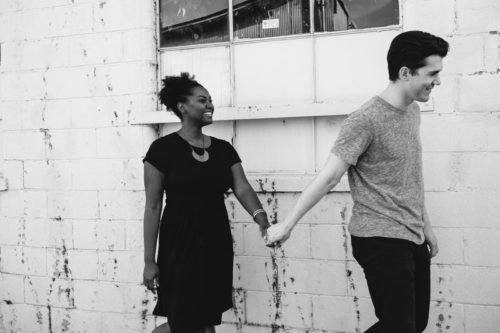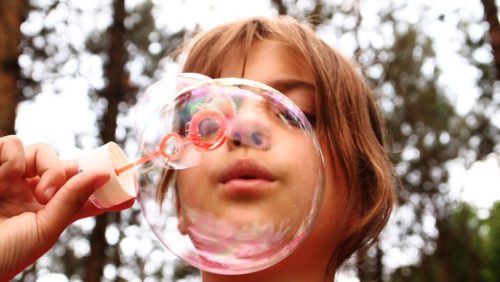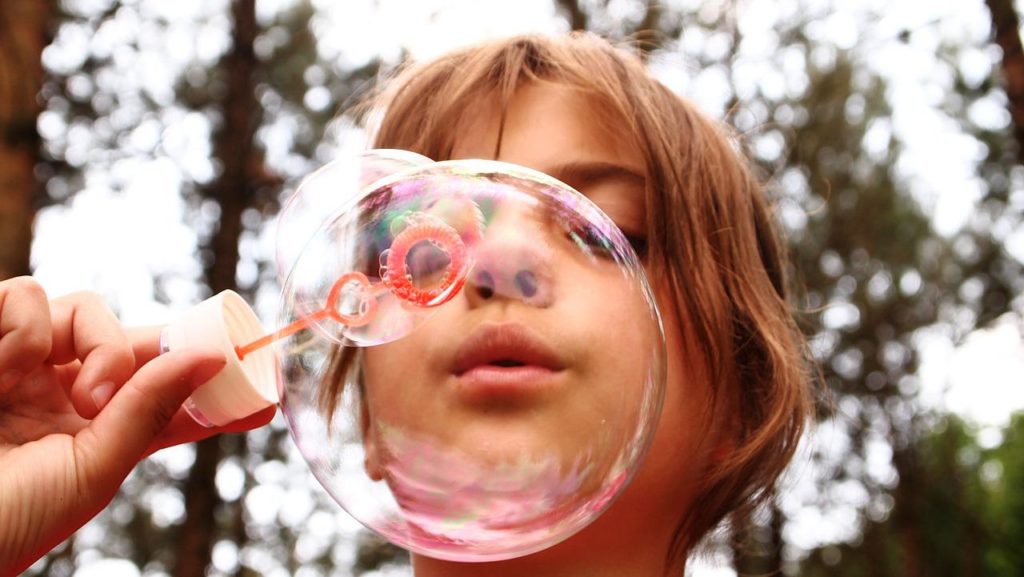If Your Partner Isn’t Ready

It only takes one person to change a marriage for the better. If your partner isn’t ready to be that person–and you’re not ready to leave the relationship– then the change-maker in the relationship needs to be you.
This can be a bitter pill to swallow. We’re often conditional in the way we love; it’s part of being a human being in human relationships. We’ll do x, if they do y. We’ll do 100% of our 50% of the work in the relationship, but only if our partner also does 100% of their 50%. On one level, this approach makes sense. It doesn’t serve anyone to be overcompensating for another person’s limits, collapsing boundaries, or ignoring your own needs.
Emotional Calculus

On the other hand, in relationships, the emotional calculus of loving isn’t always logical or even, at times, equitable. Sometimes, you temporarily need to do 200% of your 50% if you want to nurture a relationship. And sometimes, your partner will be the one doing 200%. Relationships are always in motion, recalibrating, and change can take time. So if someone needs to change now, and you want to stay together, your best bet is to look at yourself. Notice how accountability and ownership impacts your connection with your partner.
Here’s another hard pill to swallow: when it comes to personal growth, how much, when, where, and even whether your partner chooses to change is actually their business, not yours. This isn’t easy to accept. It can be humbling. At the same time, pouring your own limited energy into blaming, demanding, criticizing, and complaining about what your partner should or shouldn’t be doing will get you nowhere faster than a toupee in a hurricane.
The Soap Box of Self-Righteousness

Focusing on your partner as the problem rapidly reinforces their experience of you as a threat. This causes them to shore up their defenses and buckle down in survival mode. At the same time, it extends your own unhelpful self-righteousness. The higher you go on that soap box, the harder you fall in relationship. Self-righteousness is intoxicating. Our egos love being right. But in many cases, recognizing that you also contribute to your relationship problems is what will empower you to begin creating the marriage you want–or else move on. Ultimately, the only person you have a real chance of changing is you.
Radical change in a relationship begins with gathering up all the energy you invest in making your partner the problem and re-purposing it for your own awakening. However cold, flawed, or disappointing you find your partner’s behaviors, however frustrated or lonely you feel, you can always look at your contribution to where you are and shift into a more empowered place.
This process requires a delicate balance of self-compassion, determination and curiosity. What will you discover? Ask yourself, why did I choose to be with this person? If I don’t want to be with them, what’s keeping me here? How have they helped me recreate familiar dynamics from my earliest years? How is this a healing opportunity? How am I not giving myself precisely what I’m demanding they give me? These questions are starting points to deeper self-awareness.
Relinquishing Power and Control

In John Wayne’s words, “Courage is being scared to death, but saddling up anyway.” In a marriage, courage carries with it the risk of losing our favorite kinds of personal leverage: withdrawing love, passive aggression, judgment, clinging to the identity of “injured party,” a sense of entitlement. Cultivating a relationship worth having requires relinquishing the all-too-human need for power and control while learning to trust, be vulnerable and court a deeper, more expansive truth than the one our ego wants us to defend.
It’s a risk because there’s no guarantee things will go the way we want even when we do change. But it’s worth saddling up anyway and going for the ultimate reward: connection to ourselves, our partner, and the real world beyond our stories.
Originally published on The Good Men Project.







